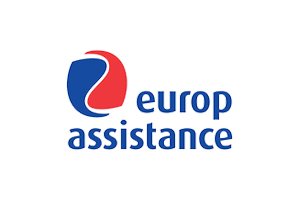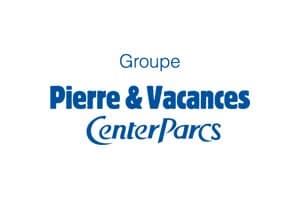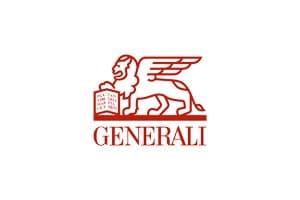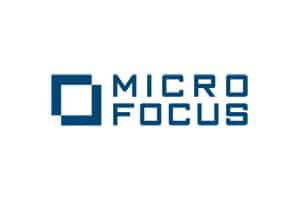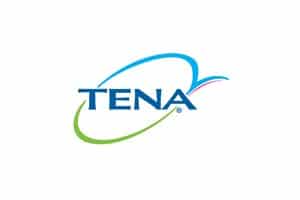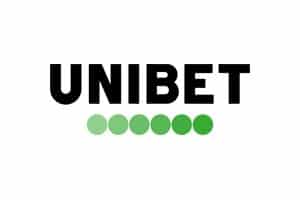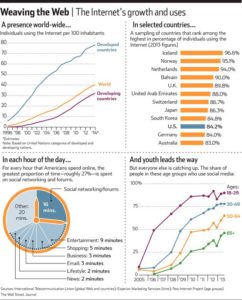Whether you host multiple languages or regional sites on the same domain or invest in country specific domains, your site can be optimised to rank appropriately, so long as you follow the search engine guidelines. The decision, therefore, boils down to business needs and resources.
Read our guide on international SEO domain structure best practices.
The absolute best practice is to have country-coded top level domains (ccTLD) hosted in that specific country, with clearly targeted directories or subdomains for each language that is spoken in that country.
Although country-specific domains allow clear geo-targeting and easy separation of sites, they can be expensive to maintain, and might have limited availability. Country-specific domains also require more supporting infrastructure and investment in SEO. For instance, you would need to invest in link building for each domain.
Hosting multiple languages on the same domain makes setting up the website easier and needs less support than country-specific domains. Google’s official guidelines for multi-regional sites provide clear instructions to declare the the language and locale for each section of the site to search spiders.
Both options work well and are effective, therefore, it depends on the time and resources the business can invest. Working with an international SEO agency that can meet specific requirements can help ease the burden for in-house marketing teams.





